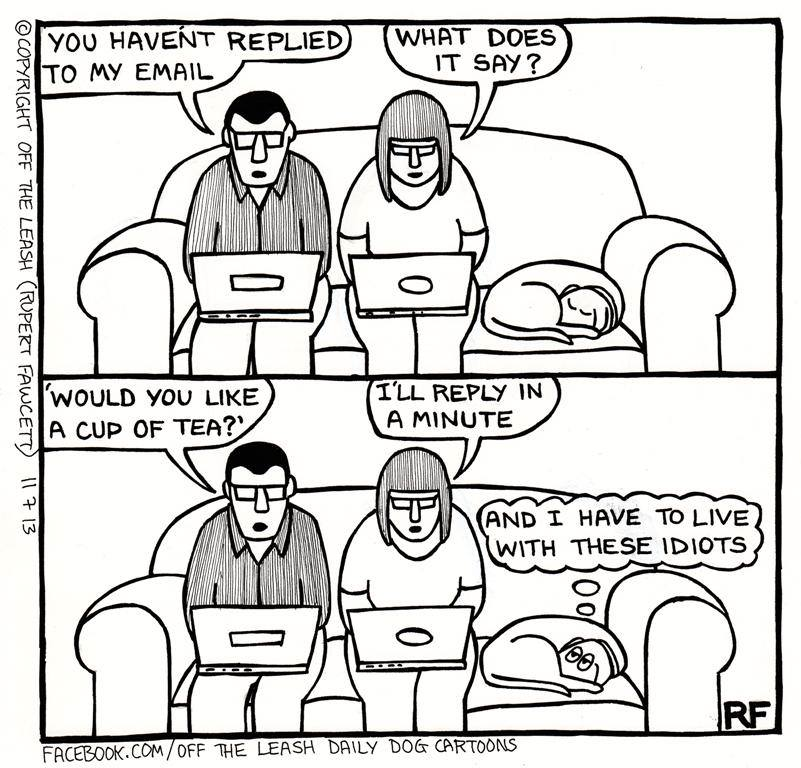One of the most exciting aspects of the Guinea Pig camps, as far as I’m concerned, is how they evolved throughout the times.
Learning is an ongoing process and in spite of having held many GP camps, I still learn new fascinating details for every camp I have the privilege to conduct.
For example, for each camp we held, it became increasingly clear how important it is to build a good and trusting relationship with the little Guinea pig before we even consider teaching it any skills. If the piggy does not trust you, it won’t work. This should be obvious, but in these technocratic times we live, we tend to forget what is it like to be an animal (human animal in our case).
We also learned how efficient we can be when combining ethology with behaviorism, a daunting task many consider virtually impossible—but it is not.
Let me explain. Ethology studies the behavior of animals in their natural environment. Ethologists do not interfere with the animals, and as such there is no training theory to find in ethology. There is, however, much to find about interaction, communication and living together.
Behaviorism studies the behavior of animals in artificial setups. Behaviorists attempt to control the environment best possible to achieve the results they want by manipulating stimuli and consequences. As Pavlov showed, to control the environment is a much more difficult task than researchers first assumed.
Combining ethology with behaviorism means to apply the knowledge we have about the natural behavior of the animals with which we work with the principles of behavior modification that we know will lead us to proven results under controlled conditions.
It is not as easy as it looks because as soon as we leave a proven track, we are on our own. Suddenly, we have no longer a recipe to follow. We need to improvise, to dig deeper in ourselves, to find the empathy that will connect us to the animal we train. The rules, we so painstakingly have memorized, do not seem to work any longer. This is an illusion, though, for the rules work all right—though only after a myriad of tiny, individual adjustments, so that they end up resembling exceptions. In that, Guinea pig camps excel. I’ve seen it time after time in the faces of the camp participants: a mixture of excitement and doubt, comparable to what I see in my diving students the first time they jump into the sea to discover that they can actually breathe under water.
And so here I am ready to start a new Guinea Pig camp, this time at the Wolf Park in Indiana. Wolves and Guinea pigs have nothing in common except that they both have much from which we can learn. We will commute between wolf enclosures and Guinea Pig training areas, listening to their stories and learning.
We tend to focus on what we can teach our animals, but maybe once a while we should turn it around and focus on what they can teach us.
Featured image: Our animals have a lesson to teach us. In these technocratic times we live, we tend to forget what is it like to be an animal (human animal in our case).
